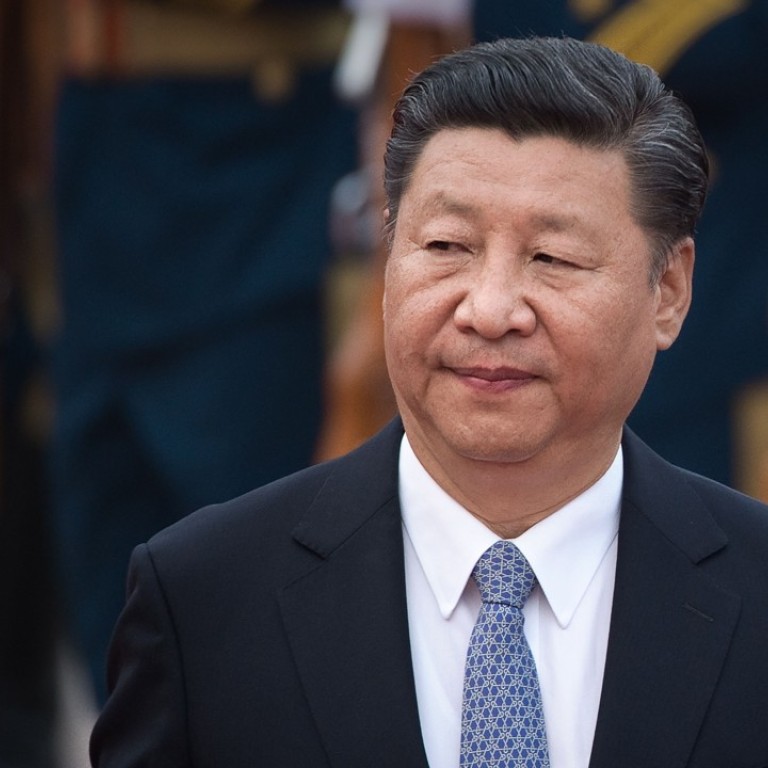
Super anti-graft agency pilot schemes extended across China
China is closer to setting up a new anti-corruption agency with wider powers after the authorities announced they were expanding a pilot scheme outlining some of the changes to all areas of the country from an initial three.
The Communist Party’s top anti-graft agency’s five-yearly report released by state media late on Sunday said the national legislature was likely to pass laws setting up the new agency at the National People’s Congress next year.
The agency will oversee commissions which will investigate, question, search, detain and take disciplinary action against not just against party cadres suspected of corruption, but all public officials and staff, the report said.
Supervisory commissions will be set up in the coming months at provincial, city and county level after they are endorsed by local legislatures, the state-run Xinhua news agency reported.
Xinhua cited a document from party’s General Office as saying the commissions will be authorised to combat corruption and investigate legal violations linked to public services.
“[The reform] is significant in improving the supervisory system with Chinese characteristics and in strengthening self-supervision of the party and the state,” the report said.
The ruling Communist Party has pledged to reform its anti-corruption and disciplinary systems, vowing to expand Xi Jinping’s anti-graft campaign within a legal framework.
The Central Commission for Discipline Inspection is only responsible for party members, but the new National Supervisory Commission will oversee all state institutions and employees.
Prosecutors specialising in corruption investigations working for the new agency will be under the direct control of the Communist Party.
The work report by Central Commission for Discipline Inspection said local authorities should get party and state officials to work together to find ways to increase cooperation in investigations and law enforcement.
Pilot schemes for the new commission have been rolled out in Beijing and Zhejiang and Shanxi provinces since January and have proved successful, according to the government.
Zhuang Deshui, an anti-corruption expert at Peking University, said the party hopes to make efforts to tackle corruption more efficient by merging various bodies into the supervisory apparatus.
“The mechanism will run more smoothly if the organs share resources and the same set of procedures,” said Zhuang.
The party’s General Office said the three areas running pilot schemes have been told to deepen the reforms, while the other 28 provinces and municipalities will start assigning new titles and duties to their anti-corruption personnel.
A national supervisory law will be passed in March during the annual National People’s Congress, according to the corruption commission report.
A draft of the law enables future supervisory officials to interrogate corruption suspects and search their properties before cases are handed over to the judiciary, according to the report.
President Xi said during a lengthy speech at the party congress earlier this month that the party was abolishing its much-criticised interrogation practice known as shuanggui and replacing it with a system called liuzhi, or “detention”.
Critics said shuanggui had led to the torture of officials accused of graft and their forced confessions.
Under the new system, there will be greater oversight of corruption investigations by the police and judicial authorities, according to the government.

